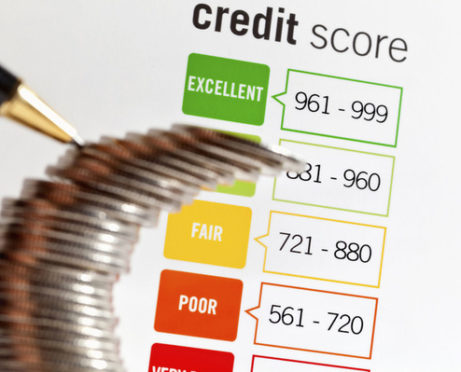
 In life, I am usually a go-with-the-flow kind of person. I don’t really know what I’ll be doing next week or what I’ll wear tomorrow. But I am always prepared for anything. Because otherwise, it costs you a lot of money.
In life, I am usually a go-with-the-flow kind of person. I don’t really know what I’ll be doing next week or what I’ll wear tomorrow. But I am always prepared for anything. Because otherwise, it costs you a lot of money.
Christmas comes around every year. But I cringe when I hear people saying that they can’t afford to go home for the holidays because flights are expensive. Really? They were super cheap back in June.
Even if you aren’t sure about the exact dates you’ll get off work (which you can also inquire about in June), you can still add cancellation insurance for under $30. Much better than losing all of it or paying the $150 penalty for a last-minute change.
Protect Your Trip and Yourself — Get a Free Quote From a Leader in Travel Insurance >>
The Advantages of Emergency Preparedness
For similar reasons, my fridge and cupboards are always stocked with food that requires little prep time. When I am too lazy to cook, I have a few portions of stew in the freezer, or slices of bread to toast and a piece of cheese.
Not being prepared would mean a costly take-out order or additional trips to the supermarket that waste time and gas.
Aside from accidents and water pipes bursting, there shouldn’t be a lot of emergencies in your daily life. You know that your car insurance premium is due every year – that’s not an emergency. You can plan and save ahead to cover the whole expense with your savings instead of charging your credit card.
Even accidents and damages to your home should be covered by your insurance, and you can plan on having the amount of the deductible available in an instant-access, high-yield savings account in case you need to file a claim. That should be the extent of your emergencies. Not being prepared can cost you a lot of money.
Opening a Savings Builder Account Is Easy — Get Started >>
Easy Ways to Plan Ahead
- I run errands once a week. First, I write them down in a note. Then I order them so as to minimize my driving and time. I also get the freshest and frozen food last so it doesn’t thaw on the way home.
- I make a shopping list so that I don’t have to go back to the shop for one item that I forgot.
- When I do feel like cooking, I make a few extra portions and freeze them.
- I make a note in my calendar to help me remember when big expenses are coming.
- When my deals on broadband and utilities are up, I have a reminder to call the provider and negotiate again.
- There is an an alert I get for when my current account goes below a certain amount. That way, I never overdraw.
- I book flights three to six months in advance. For train tickets, I book on the first day they’re available (usually three months in advance – you can get an email by joining their mailing list), and subscribe to hotel deals for my destination.
- I'm religious with oil changes and car maintenance. I do exactly what the manufacturer recommends to prolong the car’s life.
- I do regular health and dental check-ups. Not doing so could turn a little cavity into a rotten tooth that needs a root canal and a crown.
- I buy winter clothes for next year at the spring sale, Christmas decorations in January, and other items when the season is just over, planning for next year.
- If I see a gift someone would like, and it is on sale, I buy it. Then I keep it for their next birthday.
- I keep an extra tank of cooking gas at home. This way, I won’t have to drive into town just for a refill.
- I always have water and cereal bars in my car so that I don’t need to buy food if I take longer than expected.
- Same thing when I travel – I always have snacks handy in my backpack, and avoid vending machines.
Hoping for the best and preparing for the worst, as the saying goes, will bring you a lot of peace of mind in your quest for financial wellness.
Build an Emergency Savings Fund With a Money Market Account — Get Started >>











